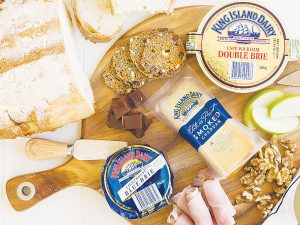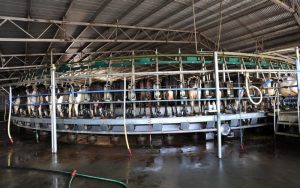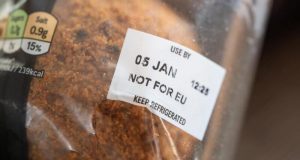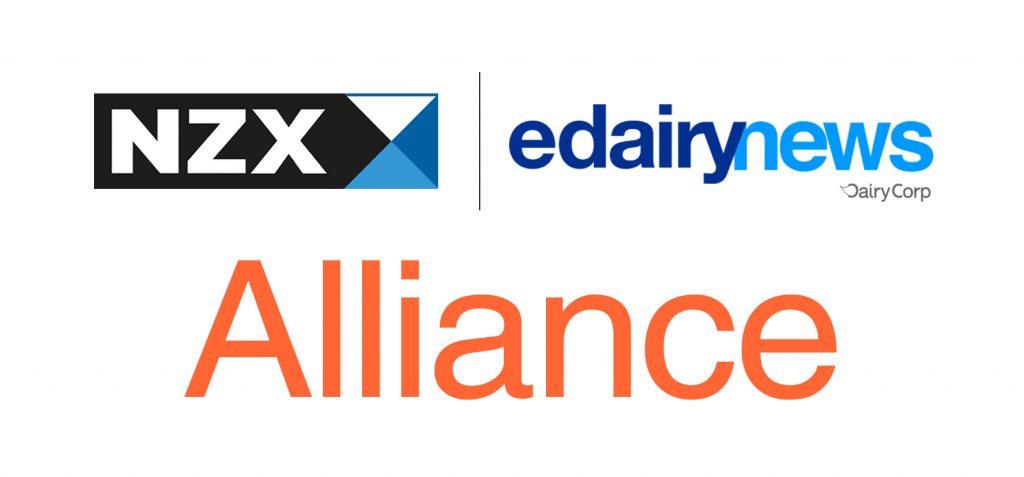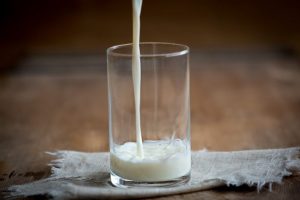Plantain is being injected into pastures to help reduce nitrogen leaching into the district’s waterways and the Sustainable Farming Fund will contribute $600,000 over three years.
The fibrous plant holds less nitrogen, meaning less passes through a cow’s system after they eat it. It also causes them to pass urine more frequently, resulting in less-concentrated urine patches in a paddock.
Several farmers in the upper Manawatū River area are operating without consents and are faced with reducing nitrate leaching by 60 per cent to meet targets in Horizons Regional Council’s One Plan.
The Tararua Plantain Project is co-funded by DairyNZ, through its farmer levy. The latest backing will help to roll out plantain adoption to other Tararua farms, educate farmers and create tailored plans for each farm.
Running for seven years, the project involves research on six farms where plantain is expected to reduce nitrogen from cow urine and lock more nitrate into soil, preventing run-off into waterways.
By the end of the project, DairyNZ catchment engagement leader Adam Duker hoped 125 dairy farms would use plantain in the region.
Duker said scientists came up with the possible solution after research on farms at Massey and Lincoln universities, but it was too early to see whether it had been effective.
“The question was, how does this translate onto commercial farms?”
A field day in June invites other farmers to visit a trial farm and see the crop in its flesh. Duker hoped the project would serve as a blueprint for possible adoption of plantain in other parts on New Zealand.
Dannevirke farmer Blair Castles is part of the project, and has used plantain and chicory for six years on his 100-hectare block.
He has considered scrapping chicory and lifting the rate of plantain in his “fruit salad” pasture of ryegrass and clovers, but worried it may cause his cows to become bloated.
However, he was able to counter that potential side effect by adding bloat oil to the drinking water as a precaution. He hasn’t noticed any other side effects from plantain since the project’s inception.
His property spans 5 kilometres of the Manawatū River and he said this project showed farmers were serious about keeping the country clean.
The battle was finding the balance between sustainable farming and profitability, he said. Each year, Castles pulls 1250 kilograms of milk solids per hectare and, on small blocks like his, every square metre has to be making money.
